Table of contents
Carnitine and CoQ10 are two supplements that have been shown to provide a number of health benefits. In this article, we will specifically be looking at their effects on male infertility. The World Health Organization defines infertility as the inability to achieve pregnancy after a year of regular and unprotected sexual intercourse. The burden of infertility exists worldwide; estimates suggest it impacts between 48 million couples and 186 million individuals globally.
We previously highlighted some risk factors and preventative measures for managing male infertility. In this article, we will dive further into one of the better-known causes of infertility. Oxidative stress is known to play a major role in the development of male infertility, so carnitine and CoQ10 supplements could potentially offer some relief to men who are struggling with this condition.
Sources of Male Infertility
In the male reproductive system, the causes of infertility are multifold:
- Blockage of the reproductive tract causing dysfunctionalities in semen ejection. This is generally caused by injuries, prostate-related problems, and infections of the genital tract.
- Hormonal imbalance resulting from disorders of the hypothalamus, pituitary gland, and testicles. Hormones such as testosterone regulate sperm production. Examples of conditions include pituitary tumors or andropause (low testosterone).
- Testicular failure to produce sperm. For example, this may be caused by medical treatments that impair sperm-producing cells' function (such as chemotherapy).
- Environmental and behavioral factors including smoking, excessive alcohol, air pollution, etc.
Fortunately, many cases of infertility are reversible and can be corrected. Furthermore, it is well recognized that oxidative stress is the underlying cause of many male infertility cases.
What is Oxidative Stress?
Oxidative stress is determined when there is an imbalance between the production of Reactive Oxygen Species (ROS) and the neutralizing activity of the human antioxidant system. ROS are highly reactive chemicals formed during the natural cellular respiration process in mitochondria. A buildup of ROS in cells may damage the genetic material or cause oxidation of the cell’s outer lipid wall, causing total cell death. Maturing sperm cells are no stranger to damage from ROS since they are enriched in mitochondria and have walls high in polyunsaturated fats, furthering vulnerability to oxidation. As such, a diet rich in antioxidants, including vitamin E, C, and zinc, is proven beneficial for sperm health. Carnitine and Coenzyme-Q10 are two of the less known antioxidants with vast potential for the treatment of male infertility.
The Benefits of Carnitine for Male Infertility
Carnitine is an amino acid that is involved in the metabolism of fats. In addition to its fat-burning properties, carnitine has also been shown to reduce oxidative stress and improve sperm motility. A high concentration of carnitine found in the male reproductive tract highlights its substantial role in sperm maturation, and its concentration in ejaculation may be a marker of testicular function. Carnitine is produced by the human body, although it is primarily supplemented by diet. It is typically found in meat, poultry and dairy products, and the necessary daily supply of carnitine is about 8-11mg. This powerful antioxidant significantly declines the damage done to rodent sperm by heat, radiation, and chemotherapy.
A number of studies have been conducted on the effects of carnitine supplementation in infertile men, and the results have been promising. One study found that carnitine supplementation improved sperm motility by up to 74%! Additionally, supplementation of 3g daily improves sperm motility and enhances pregnancy rate from 1.7% to 21.8%, which further increases to 38% with co-administration of an anti-inflammatory drug. Adding carnitine in semen samples intended for cryo-storage for medically assisted pregnancy increases vitality, and it is even beneficial for erectile dysfunction.
Does Carnitine Have Any Side Effects?
Carnitine has a metal chelating activity, similar to the medications used to remove poisonous metals from the body in cases of toxicity. However, the human body is dependent on the presence of some valuable metals, including calcium. Excess carnitine may induce toxicity at high concentrations by beginning to compete for calcium-binding. This is detrimental not only to sperm health but to other bodily processes that rely on calcium, for example, blood clotting. Therefore, while carnitine supplementation is highly beneficial for sperm health, improvements in sperm parameters should not be achieved by increasing dosage.
The Benefits of CoQ10 for Male Infertility
CoQ-10 is a compound that is involved in energy production within cells. It has potent antioxidant effects and has been shown to improve sperm quality in infertile men. One study found that CoQ-10 supplementation increased sperm concentration by up to 80%. Additionally, CoQ10 has a substantial role in sperm health and motility. Like carnitine, it is found in meat, poultry, and organ meats such as the liver. It has few side effects such as digestive problems and is safe to consume as directed. Co-supplementation of CoQ10 with carnitine causes a significant increase in motility, vitality, and shape of sperm as well as genetic code integrity.
While both carnitine and Co-Q10 have shown to be effective in the treatment of male infertility, it is important to note that more research is needed. These supplements should not be taken without first consulting with a healthcare professional. In addition, it is important to be aware of potential side effects, which can include nausea, vomiting, and diarrhea. If you experience any of these side effects while taking either of these supplements, discontinue use immediately and consult with your doctor.

Closing Statements
Every human has the right to enjoy the highest attainable physical and mental health standards. Couples and individuals have the right to decide their children's number, timing, and spacing. Infertility can negate the manifestation of these fundamental human rights. As such, addressing infertility is a significant way of appreciating the rights of couples and individuals to find a family.
Do you have any experience with carnitine or Co-Q10 supplementation? Share your story in the comments below!
References:
1 WHO. (2020, September 14). Infertility. World Health Organization. Retrieved June 21, 2022,from https://www.who.int/news-room/fact-sheets/detail/infertility
2 Lenzi A, Lombardo F, Gandini L & Dondero F. (1992) Metabolism and action of L-carnitine: It's possible role in sperm tail function. Arch Ital Urol Nefrol Androl 64, 187–196.
3 Bornman MS, du Toit D, Otto B, M€uller II, Hurter P & du Plessis DJ. (1989) Seminal carnitine, epididymal function and spermatozoal motility. S Afr Med J 75, 20–21.
4 Amendola R, Bartoleschi C, Cordelli E, Mauro F, Uccelli R & Span o M. (1989) Effects of L acetylcarnitine (LAC) on the post-injury recovery of mouse spermatogenesis monitored by flow cytometry. 1. Recovery after X-irradiation. Andrologia 21, 568–575.
5 Amendola R, Cordelli E, Mauro F & Span o M. (1991) Effects of Lacetylcarnitine (LAC) on the post-injury recovery of mouse spermatogenesis monitored by flow cytometry. 2. Recovery after hyperthermic treatment. Andrologia 23, 135–140.
6 Okada FK, Stumpp T & Miraglia SM. (2009) Carnitine reduces testicular damage in rats treated with etoposide in the prepubertal phase. Cell Tissue Res 337, 269–280.
7 Vitali G, Parente R & Melotti C. (1995) Carnitine supplementation in human idiopathic asthenospermia: clinical results. Drugs Exp Clin Res 21, 157–159.
8 Cavallini G, Ferraretti AP, Gianaroli L, Biagiotti G & Vitali G. (2004) Cinnoxicam and L-carnitine/acetil-L-carnitine treatment for idiopathic and varicocele-associated oligoasthenospermia. J Androl 25, 761–772.
9 Banihani S, Agarwal A, Sharma R & Bayachou M. (2014) Cryoprotective effect of l-carnitine on motility, vitality and DNA oxidation of human spermatozoa. Andrologia 46, 637–641.
10 Vicari E, La Vignera S, Condorelli R & Calogero AE. (2010) Endothelial antioxidant administration ameliorates the erectile response to PDE5 regardless of the extension of the atherosclerotic process. J Sex Med 7, 1247–1253.
11 Abad, C., Amengual, M. J., Gosálvez, J., Coward, K., Hannaoui, N., Benet, J., García-Peiró, A., & Prats, J. (2012). Effects of oral antioxidant treatment upon the dynamics of human sperm DNA fragmentation and subpopulations of sperm with highly degraded DNA. Andrologia, 45(3), 211–216. https://doi.org/10.1111/and.12003



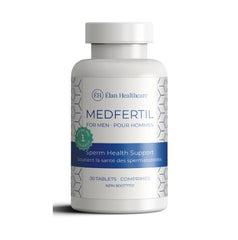
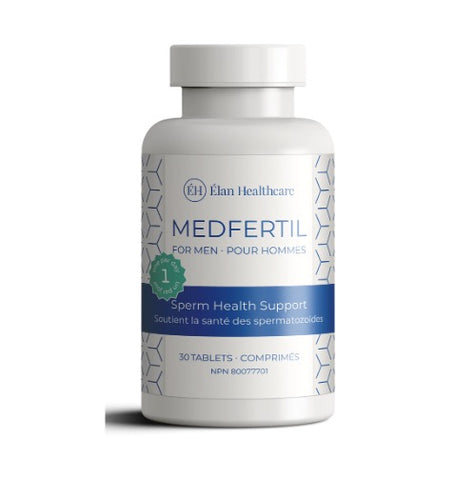
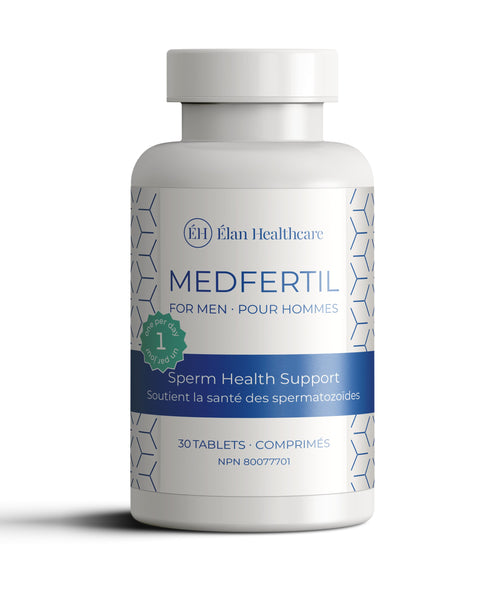
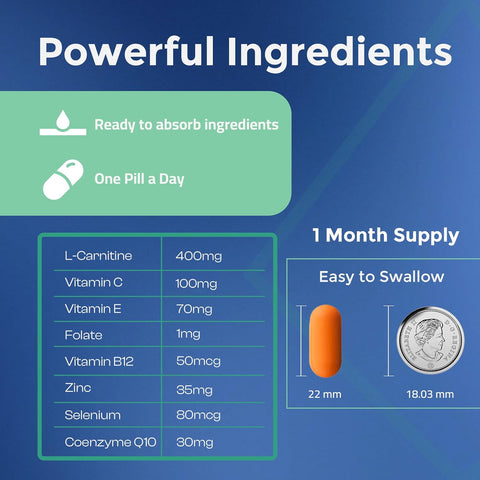
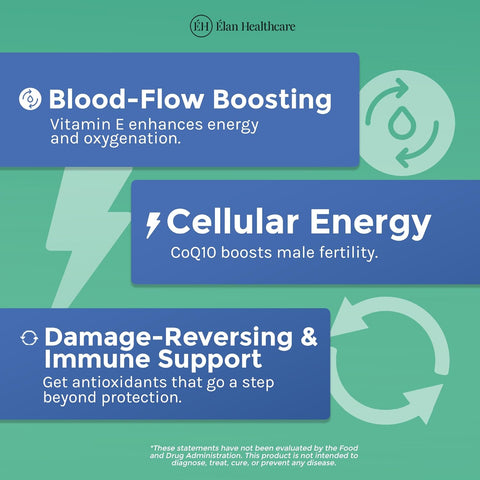
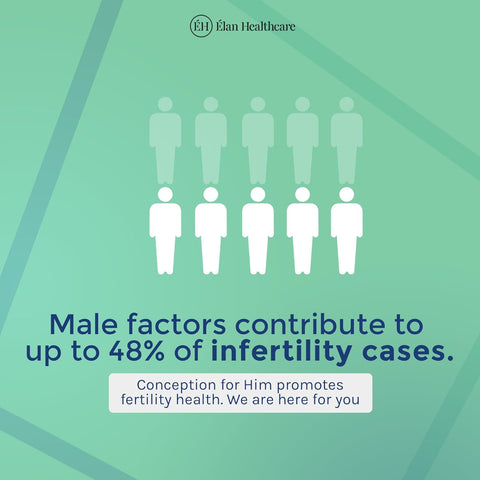
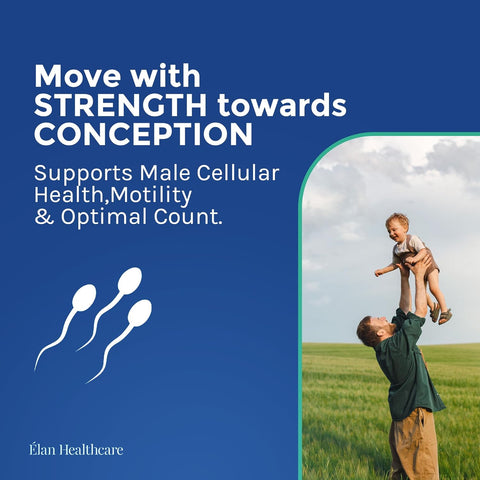
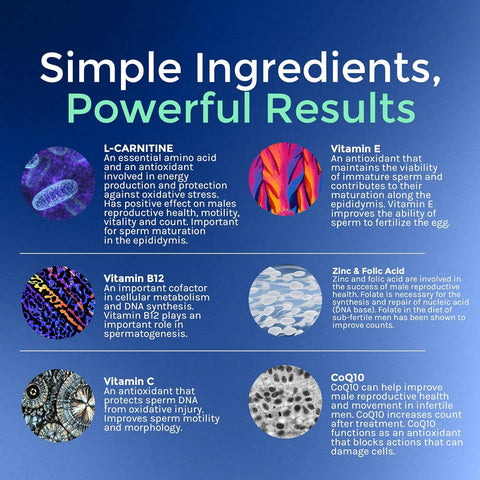
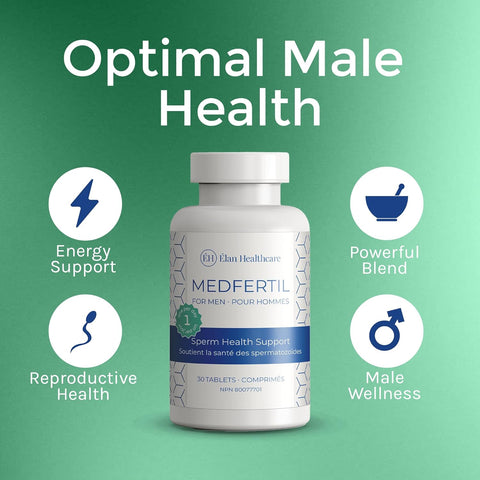








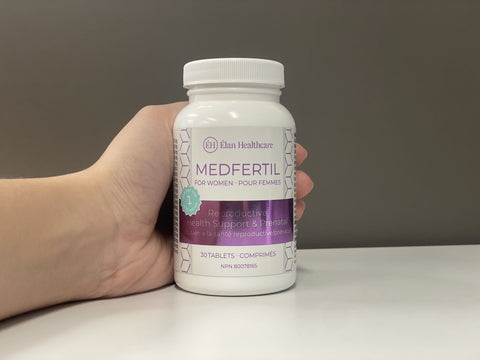

No comments yet.
There are no comments for this article. Be the first one to leave a message!
+ Open to leave a Comment